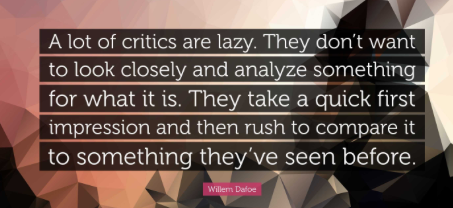
In today’s polarized political climate, it’s all too easy to dismiss those we disagree with by slapping on a convenient label like “extremist” or “radical” rather than thoughtfully considering their positions. This lazy criticism circumvents meaningful debate and divides us further. This lazy criticism shuts down meaningful discourse and divides us further. Lazy criticism is a problem in education as well.
We fail to understand nuances when we dismiss an education idea as simply “extreme” without examining it deeply. We don’t ask questions, review evidence, or reflect on our biases. No progress is made towards compromises that serve students best.
For instance, expressing an opinion on issues such as gender affirmation charter schools. or excessive suspension as “extreme” stops thoughtful analysis of potential benefits and drawbacks. Instead, sincere dialogue is needed to understand the reasoning and facts behind such ideas.
True discourse requires empathy, critical thinking, and open exchange of views. If we instantly reject education proposals as extreme, we lose opportunities to find common ground.
Next time you feel tempted to dismiss an education opinion as extreme, pause. Make an effort to grasp the rationale and evidence behind it. Ask sincere questions, avoid condescension, and be open to changing your mind. More complexity may emerge than expected.
With open and respectful discussion of education issues, we can gain perspective, find solutions, and reconnect across divides. But it begins by dropping lazy criticism and engaging in substantive arguments based on facts rather than labels. The future of our students depends on thoughtful, civil discourse.
